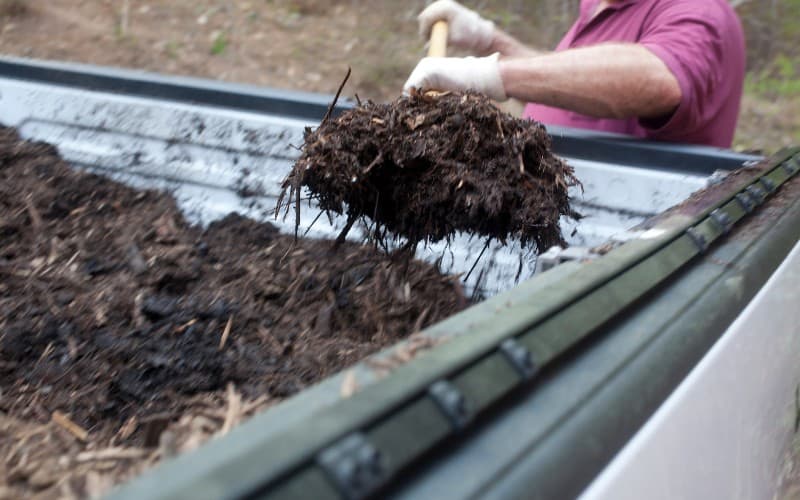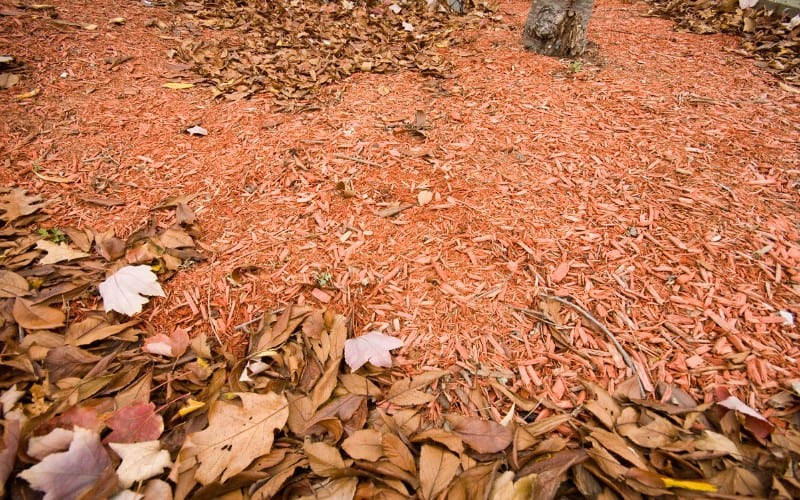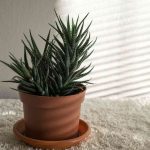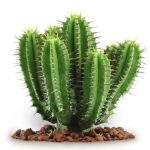As a gardener, mulching is a beautiful gardening practice you must employ, especially if you want to enjoy all the advantages of having healthy plants. But does mulch attract mosquitoes? Yes, some types of mulch do attract mosquitoes.
Despite the many ways mulching benefits your garden by suppressing weed growth, the wrong mulch may serve as breeding grounds for mosquitos. But this is not to say there are no proven alternatives to tackle this challenge.
In this article, you'll learn about the different types of mosquito attracting mulches and additional landscaping practices to enable you to win back your garden from insects.
Table of Contents
Why Is Mulching Vital For a Garden?
Mulch is a vital component in gardening that benefits the garden in various ways. It helps you maintain a clean and tidy landscape and provides nutrients to the soil to yield healthy plants.
You may start to wonder why something with so many benefits would attract insects such as mosquitoes. Well, the mulch itself isn't what draws the insects to your garden.
It provides pre-existing insects in the environment with a conducive habitat.
How do you know if your garden mulch is a hospital environment for mosquitoes? There are tons of reasons mulch could attract mosquitoes, is your environment exposed to frequent rainfall?
Does your mulch provide darkness, moisture, and cold temperature? Yes, it does. All these components make for an ideal residence for mosquitoes.
However, there are different forms of mulch. While some do an excellent job attracting problematic pests such as mosquitoes to your lawn, others do a better job of preventing such problems as repelling pests.
Does Mulch Attract Mosquitoes?
Although mosquitoes will naturally tend to hide under decks and shrubs during mid-day, some mosquito species could live in large and random pieces of mulch — some factors associated with mulch increase the possibility of attracting mosquitoes to your yard — such as moisture.
Why Are Mosquitoes Attracted To Mulch?
Mosquitoes are naturally attracted to moisture. Naturally, mulch requires just a bit of water to become a breeding ground for mosquitos to live and lay eggs.
They are mostly found in locations with frequent rainfalls; it's the moisture they are after, especially after a heavy downpour. The wet mulch will attract mosquitoes.
What Types Of Mulch Are Mosquitoes Attracted To?
Now, when selecting mulch for your garden landscape, you will find a vast number of choices to choose from.
Even though all mulches have advantages and disadvantages, some mulch types are beneficial to your plants than others as they serve as repellants to unwanted mosquitoes.
Different Forms of Mulch
Mulch is classified into two categories, organic and inorganic mulches. Organic mulches are a spinoff from natural sources, such as leaves, grass, wood chips, nutshells, tree bark, straw, compost, or pine needles. Or a series of related materials gotten from plants.
On the other hand, inorganic mulches may be natural products such as volcanic rock, gravels, stones, or pebbles. They can also consist of human-made materials such as rubber or plastic pulverized ground tires, fabric sheets, or inert materials from non-plant components or even rocks.
In comparison, organic mulches provide better benefits than inorganic mulches do. Also, organic mulches decompose easily, enhancing the soil's quality, increasing beneficial soil components.
However, these same beneficial components provide negative features because they provide a conducive place and attract insects like mosquitoes to dwell underneath.
Wet mulch: Wet mulch, when watered in a flower bed, holds enough moisture below the surface to attract mosquitos. Once they find an area moist enough to lay eggs, they will build a nest there, and other mosquitos will follow suit.
Hence, it advised that organic or inorganic mulch should not be placed too near the soil foundation. A good rule of thumb in mulching is never to lay it more than three inches deep. Anything deeper than three inches may never dry out, and this may lead to an over drowned mulch.
- Read Also: Does Mulch Attract Roaches?
Types of Mosquito-Resistant Mulch
Here is a list of the types of mulch that insects like mosquitoes least find attractive.
Plastic Mulch
Plastic this is an inorganic product made from polyethylene in aluminum-coated, black, or clear sheets. The aluminum-coated and transparent plastics work best at controlling bugs because they reflect the sunlight.
Simultaneously, creating a reflection, plastic mulch blinds and confuses insects, which causes them to stay away from ornamental plants and gardens. Use plastic mulch to keep whiteflies, aphids, mosquitoes, and leafhoppers at bay.
Cedar or Cypress Mulch
A chip or bark mulch is produced using cypress or cedar trees and is useful for repelling mosquitoes. Both cypress and cedar contain common synthetics and oils like thujone that stop bugs. Cedar chips repulse, hinder or slaughter creepy crawlies too.
The chip or bark mulch is made from cypress or cedar trees and is very helpful for repelling bugs. Both cypress and cedar contain natural chemicals and oils like thujone that deter insects. Cedar chips repel, inhibit, or kill insects like mosquitoes.
Spread cypress or cedar mulch around your plants or nursery to ward mosquitoes off. This wood is additionally resistant to rot, which permits it to last more than other mulches.
Conclusion
Although it's usual to know that mosquitoes thrive in stagnant water, getting rid of trapped moisture in your garden can reduce the number of mosquitoes in your yard.
However, this article gives you alternative ways to keep the mosquitoes in your location in check while you don't deprive your plants of the moisture and nutrients they need from mulching.
Use these tips to take care of your garden, and regain your garden back from those mosquitoes, and never find yourself online again, wondering whether mulch attracts mosquitoes.






